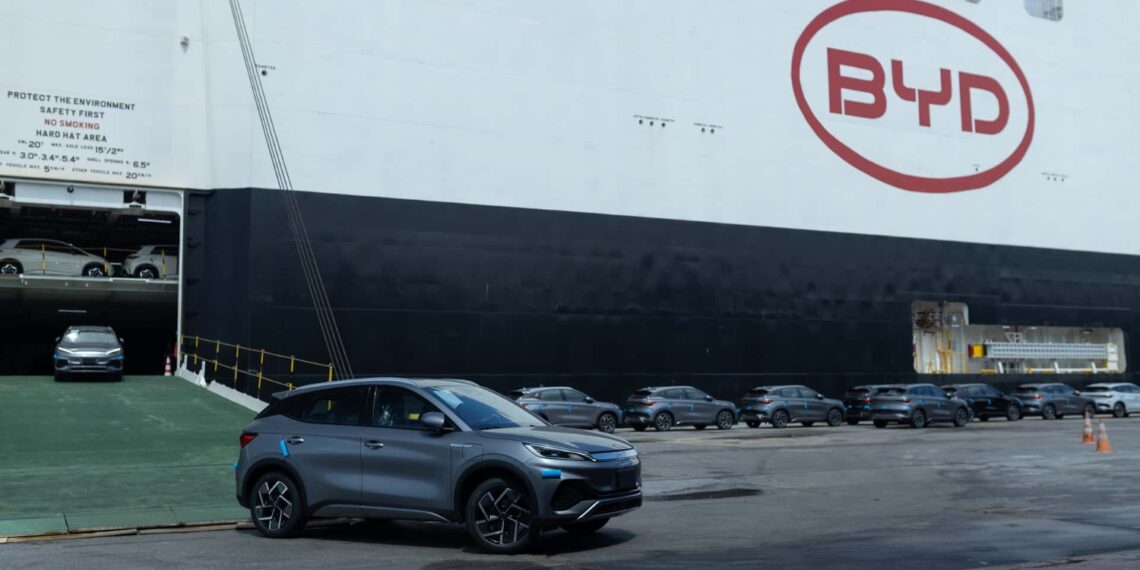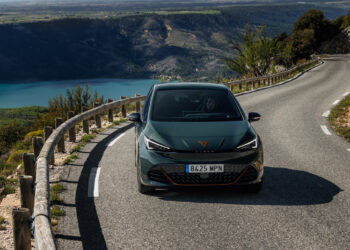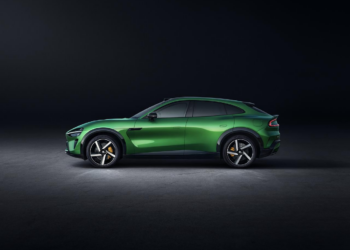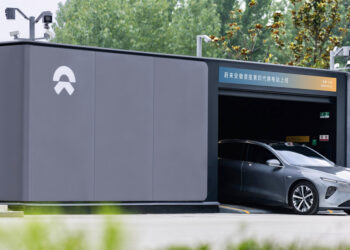The largest car transport ship in the world, with the capacity to transport more than 5,000 vehicles, arrived in Brazil at the end of its inaugural journey.
The cargo of the largest car transport ship in the world allowed the Chinese brand of electric and plug-in hybrid vehicles to enter a market that is just taking its first steps in electrified mobility, with a more economical offering.
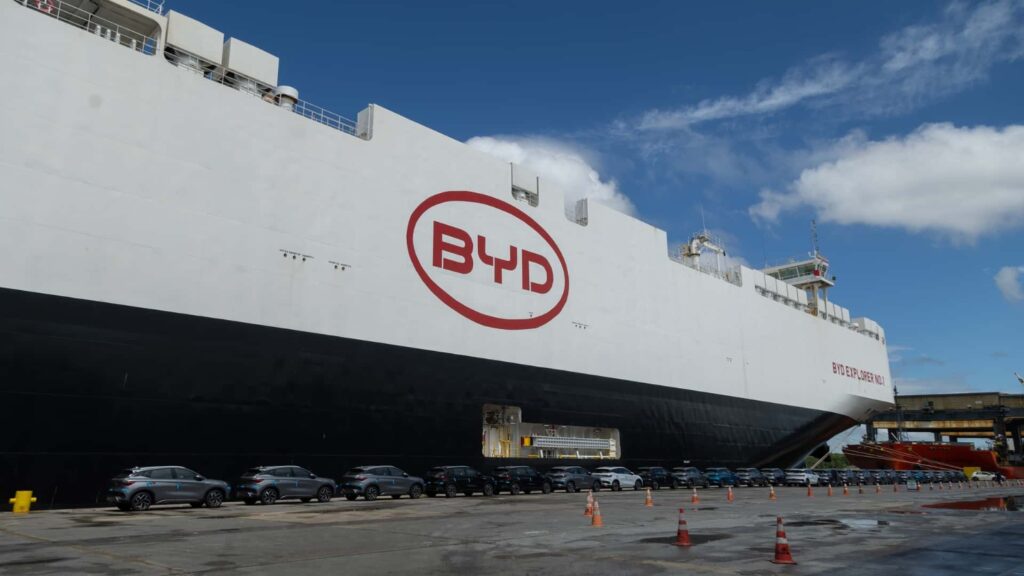
However, not everything seems easy for BYD, which is now beginning to face opposition from the Brazilian automotive industry and union leaders, who, according to “Reuters,” fear that the large influx of vehicles from BYD and other Chinese manufacturers could harm national production and employment.
The BYD ship that arrived in Brazil at the end of May is the fourth from the world’s largest producer of electric and plug-in hybrid vehicles to dock in that country this year, totaling about 22,000 vehicles.
Moreover, Brazil’s main automotive association has already revealed that imports of vehicles manufactured in China are expected to grow by about 40% this year, to around 200,000 units.
According to sources from the automotive industry and local unions reported by “Reuters,” the increase in imports of Chinese vehicles is seen as an exploitation of Brazil’s temporarily low tariffs to boost their exports, rather than investing in the construction of Brazilian factories and the creation of jobs.
In this sense, the Brazilian automotive industry is pressuring the Brazilian government to raise tariffs on all electric vehicle imports from 10% to 35%, instead of implementing higher rates gradually.
It is worth noting that BYD is currently building a factory in Brazil, which is expected to be inaugurated in 2026 and will have the capacity to produce 150,000 electric vehicles per year.

